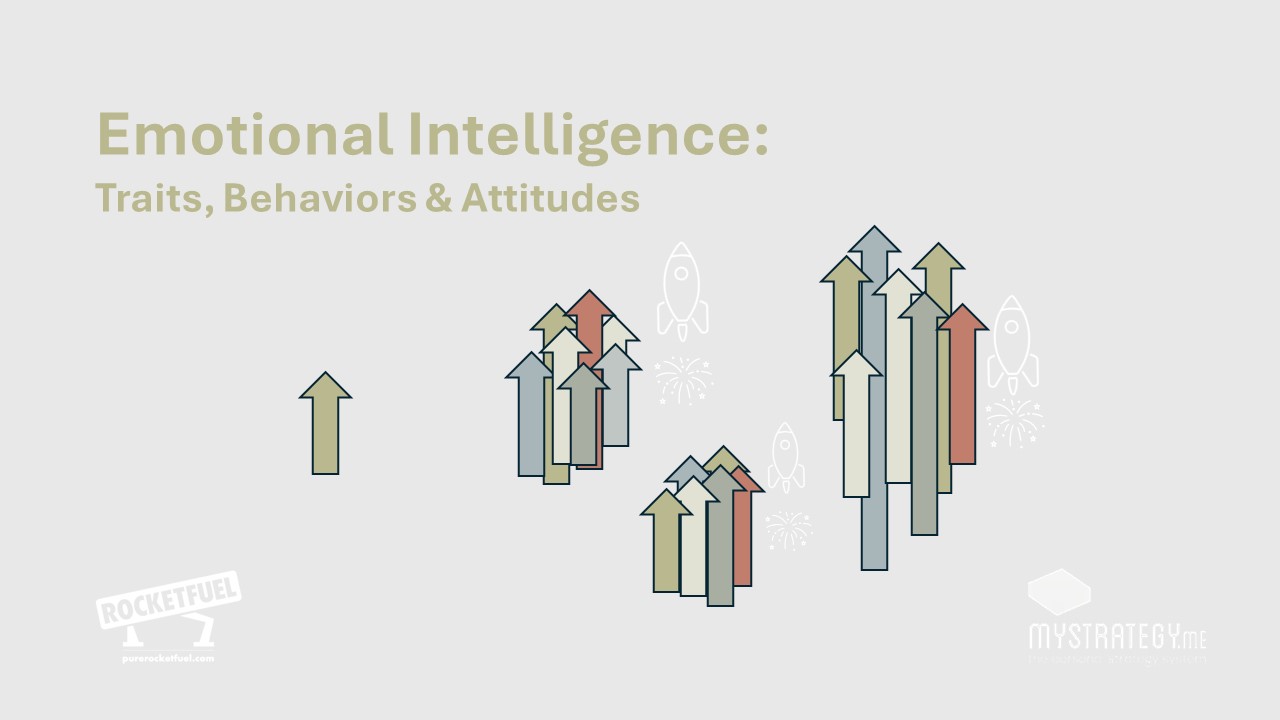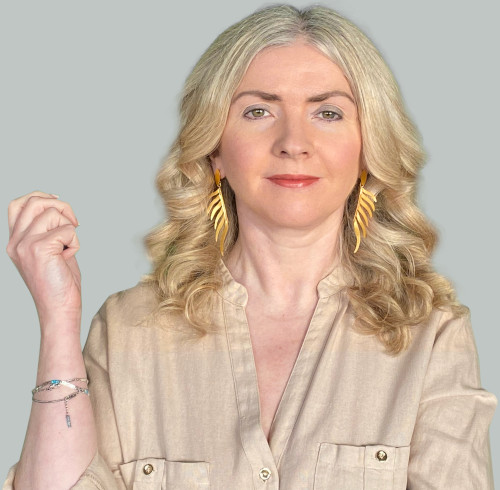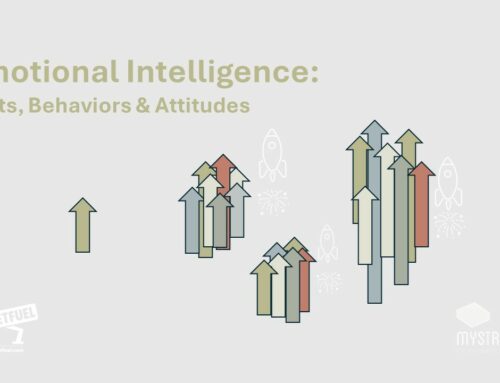
To what extent has shopping, or ‘retail thinking’, affected our approach to work relationships, wonders Leadership & Performance Coach, Davina Greene.
People can be difficult. Even with years of coaching training and practice, I’m never going to tell you that knowledge of humans constitutes a magic wand that makes them all easy to understand and straightforward to deal with. However, even I am shocked at how much time I spend talking to people about their shopping habits.
And when I say “shopping habits”, I don’t mean the fun kind on your main city street of a Saturday afternoon. I mean people-shopping. I mean viewing people – most frequently colleagues or work-related contacts, I find – as disposable, as not-good-enough, as easy-to-replace. Sometimes knowingly, sometimes subconsciously. And sometimes with them having done absolutely nothing wrong (au contraire, often with them having made hugely positive impacts on those people’s lives). Sadly, the world of retail has perhaps trained us more broadly than intended, with ‘retail thinking’ having entered the way we observe, analyze and accept or decline relationships of all kinds.
Losing Humanity Through Retail Thinking
Humanity is a trait upon which I place great value, as do most of you whether you’ve ever verbalized it or not (I find that only the scope really changes – whether a person is interested in only their close circle being treated well and fairly, or whether that extends out into the greater world). We spend most of our waking hours at work, so humanity is as important there as anywhere else.
It’s sad to hear, for example, workplace stories of people who are clearly performing a mentoring function but are not being acknowledged – even noticed – for it at all. This ‘retail thinking’ approach – “use and dispose” – is a risky one. Many mentorships, like other relationships, can operate well on a sparse basis, which is fine if acceptable to both sides – many people don’t want to sustain constant contact. Noticed or not, the problem mainly lies in the recipient simply looking out for the next advantage, the next ladder to climb, and seeing no issue in jumping ship.
Be in no doubt, people can pretty much see you looking over their shoulder for something better, continuously shopping – it’s not an easy thing to hide. All the “Don’t accept any less than the best” messaging of several years ago seems to have hammered its way through the teenaged brains of the time, lived on into the 30- and 40-somethings I now speak to, often leaving them crippled in their ability to appreciate, thereby rendering active gratitude forgotten.
Retail Thinking and Its Effect on Relationships
Be conscious of how much you are ‘shopping’. Each time someone meets you and says “She’s very nice, isn’t she?”, does someone in the team explain quietly “Oh, don’t get too attached, you’re not senior/connected enough that she’s going to invest her time in you.” Is it a running joke that you barely know what your biggest workplace advocate looks like because you’re so busy looking over his or her shoulder to find greater advantage? Forget about the observers and focus on any potential victims: do you leave a trail of destruction in your wake? Fickle. Fairweather. Flighty. Status-seeking. Social-climbing. Any of those ring true?
If you do recognise yourself in this: What would happen if the same logic was applied back at you? What would happen if people disappeared from your life based on their perception of your usefulness to them, your ability to connect them onwards and upwards? Not nice, right?
‘Never settling’, or ‘constantly deserving more’ are dangerous concepts when applied too rigorously to people who simply want to help. ‘Good enough’ is a marvellous concept, and gratitude is never to be sniffed at. As we enter a new year, first, try noticing who helps you in your career; then, consider whether any of your actions (or lack thereof) may have left them feeling somewhat disposable. If yes…well, I don’t really need to tell you what to do, do I?
Consider your connections: are they disposable or durable? Be kind, be fair, be grateful – ‘shop’ responsibly by renouncing ungrateful, disconnected retail thinking. Be emotionally intelligent, and know how broken relationships may affect your personal strategy for the future.
Interested in investing in your own personal – and personal strategy – development? Check out www.MyStrategy.me!
Share This!
About the Author



